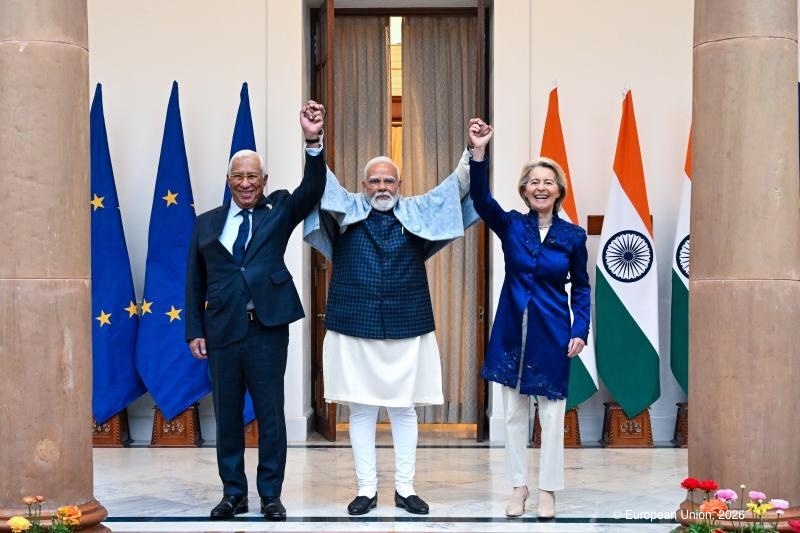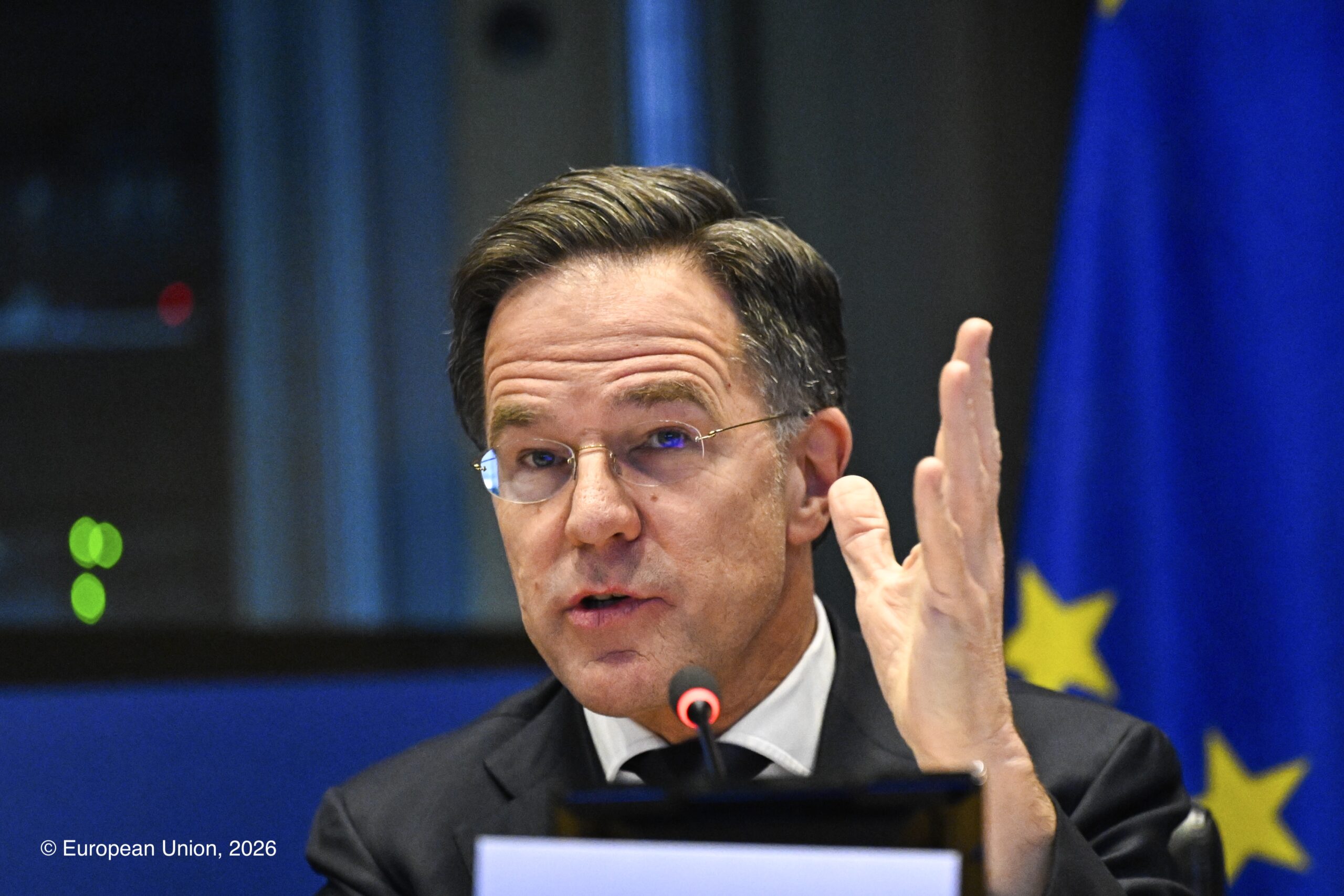As the war in Ukraine rages on concurrently with growing hybrid and cyber threats, the EU is poised to adopt a defensive strategy leveraging new technological advancements while ensuring fundamental European rights are protected. Spearheading this initiative will be Finland’s Henna Virkkunen, the newly appointed Executive Vice-President for Tech Sovereignty, Security, and Democracy. Virkkunen brings a wealth of experience, having held multiple miniserial positions in Finland, including education (2008-2011), public administration (2011-2014), and transport (2014) and served as an MEP since 2014. Virkkunen’s responsibilities will encompass identifying ways to combat the increasingly complex security threats facing Europe. Ranging from the war in Ukraine and Europe’s need for an in-depth and deliberate defence plan to the weaponisation of people and policy through foreign manipulation.
Combatting Internal and External Threats
Tasked with strengthening Europe’s borders, Virkkunen will guide the improvements of the EU’s external border management and threat response system. Her ability to work with Member States and EU institutions in implementing the Pact on Asylum and Migration will be imperative to her success. Looking inward, Virkkunen will bolster the EU’s internal security through a tougher approach toward crime and organised crime. Ensuring issues harmful to citizens, businesses, and the economy are addressed through coordinating the efforts of law enforcement agencies. Virkkunen will work to enhance and defend the EU rule of law in areas like judicial independence, anti-corruption, and media freedom while ensuring the ability of firms in the Single Market to operate across borders. Akin to Andrius Kubilius, the first Commissioner for Defence and Space, at the heart of Virkkunen’s approach toward internal and external security threats will be the establishment of a European Defence Union strengthening European security and boosting the defence industry’s competitiveness.
Advancing Digital and Frontier Technologies
Virkkunen will oversee the achievement of Europe’s 2030 Digital Decade targets leading the review in 2026 and reporting on successful developments and areas requiring improvement.. In the light of boosting AI innovation, Virkkunen will ensure industry access to tailored supercomputing capabilities through the AI Factories initiative within her first 100 days. Beyond this, she will establish a European AI Research Council and develop an Apple AI Strategy to improve the industrial use of AI and public services, collaborating with Member States, industry, and civil society.
Shifting into the “next wave of frontier technologies,” including quantum computing, semiconductors, IoT, etc., Virkkunen will focus on developing and implementing new policies and strategies to integrate these technologies safely and securely into the EU. Building on the Chips Act, Virkkunen aims to further chip innovation and manufacturing while developing a long-term EU Quantum Chips plan. As proposed in the Draghi report, Virkkunen will develop an EU Cloud and AI Development Act, supporting SME innovation by establishing a framework to increase their computational capacity and a “single EU-wide cloud policy” bolstering public administrations and procurement. Virkkunen will develop a new Digital Networks Act while incentivising investments in digital infrastructure, improving access to “secure, fast, and reliable connectivity.”
Plunging into this new wave of technological advancement, Virkkunen will act as the promoter of EU digital norms and regulations ensuring the EU establishes a leading role in digital governance. Virkkunen will ensure the effective implementation and enforcement of the European Digital Rulebook, primarily the Digital Markets Act and Digital Services Act, boosting productivity and protecting fundamental values. Drawing on existing data rules, Virkkunen will present a European Data Union Strategy establishing a coherent and scalable legal framework for firms and administrations to share data while respecting privacy standards. Exploring which processes can be automated and how AI can improve the policymaking process, Virkkunen will accelerate the digitalisation of the Commission while ensuring Europeans become more resilient to cybersecurity threats.
Conclusion
Virkkunen will provide a breath of fresh air amidst this era of burdensome regulations. Presenting herself as a defender of SMEs and startups, Virkkunen has traditionally favoured a “more innovation-friendly regulatory framework” aiming to reduce overarching “administrative burden.” Virkkunen is poised to embed her ideology in long-lasting policies that will outlive the current legislature. Following the guidance of the Commission President and with support from the Directorate-General for Communications Networks, Content and Technology and the Directorate-General for Digital Services, Virkkunen will lead the EU’s efforts in shaping a competitive, resilient, and inclusive digital future.

